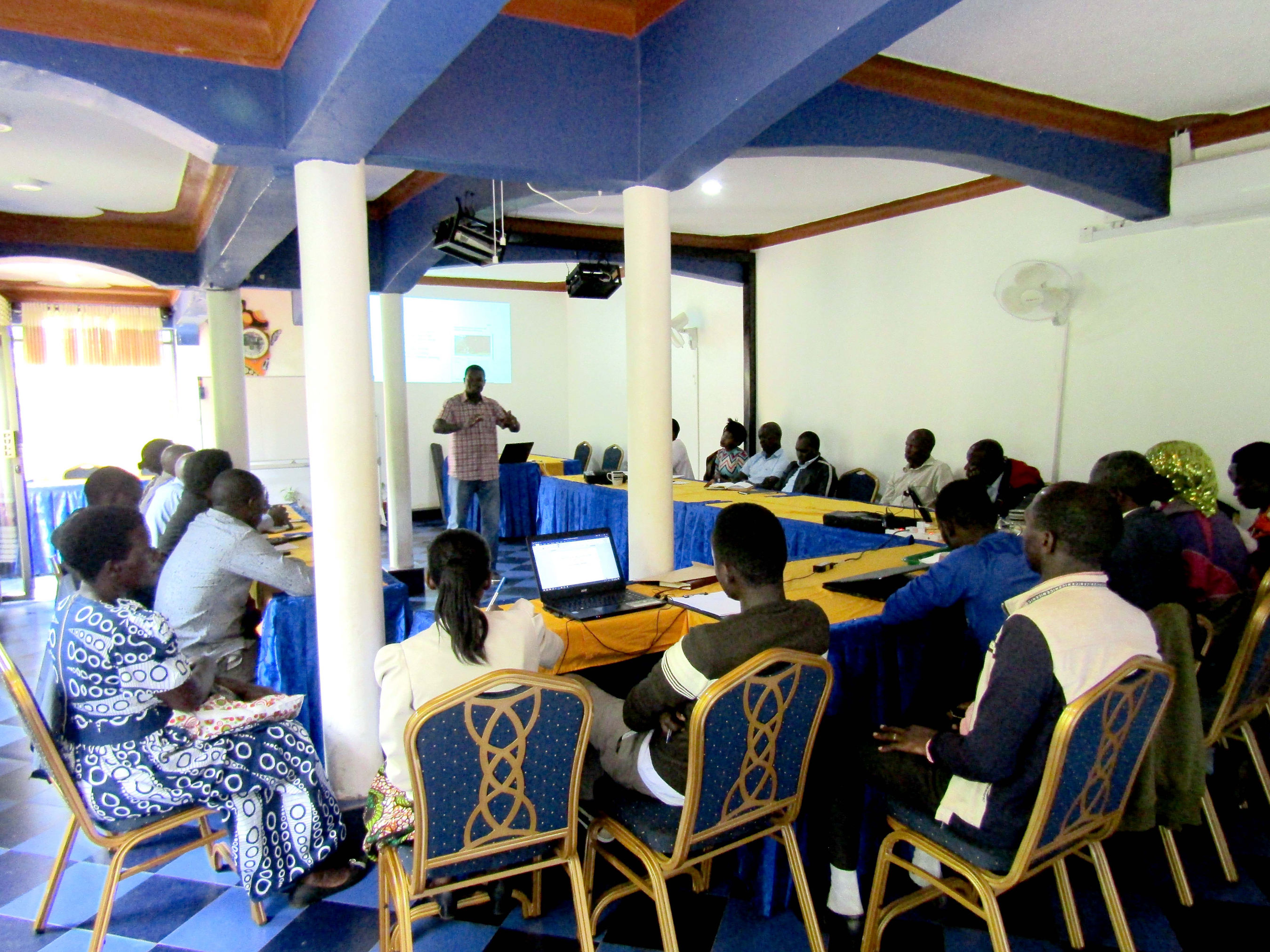
It is estimated that the gestation period of the oil palm crops is 25 years but in Kalangala by just 15 years the oil palm "trees" are already over grown to heights that call for cutting down and replanting as harvesting of fresh fruit bunches at such heights is very risky to the lives of oil palm farmers. At just 15 years, some of the farmers complained that they are still burdened by the initial loan and yet they have to cut down the trees and start a fresh production which does not make economic sense to the small holder farmers who are regarded as major stakeholders and beneficiaries of the project. This comes at a point when environmentalists are demanding that the 200m buffer zones that had been violated ought to be respected. But will the replanting now be in accordance to the 200m buffer zone? That remains unanswered and a major concern to environmentalists.
There was a general acceptance that OPUL came with Corporate Social Responsibility (CSR) initiatives such as; schools, hospitals, provision of clean water, combatting HIV, etc. at the island however, the schools are geographically detached from the community and there are no transport means, this hinders pupils from going to school, the hospital and clean water services are only enjoyed by a few, comprehensive HIV programs are yet to be initiated leaving most stakeholders frustrated with the oil palm project.
It was also discovered that much as the documents for the tripartite partnership are available, stakeholders including the district, out growers and smallholder farmers seem to have less influence and are largely disregarded. This has negatively affected the isolated parties. Mr. Edward Muwanga, the District Production Officer said, “out growers have no representatives on the pricing committee this has caused oppressions in regards to the prices of the fresh fruit bunches as the prices of the FFBs have lowered yearly.” Ms. Harriet Saawo, the District Natural Resource Officer said, “The district also suffers financial crises yet OPUL periodically has failed its commitments hindering implementation of certain developments.”
These revelations came during an information dissemination workshop held on 4th/07/2019 at Kalangala that was organized by a team from Ecological Trends Alliance. The information is based on a series of researches that were conducted from 2017. The researchers looked at various themes highlight impacts of oil palm production to environment and the livelihoods of the communities.
Government of Uganda, through the Ministry of Agriculture, Animal Industry and Fisheries, has since 2002 implemented a Public Private Producer Partnership (PPPP) to develop a commercial oil palm scheme in Kalangala with support from the International Fund for Agriculture Development (IFAD). So far, 10,924 hectares of oil palm have been established in Kalangala, of which 6,500 hectares are managed by the private sector partner, Oil Palm Uganda Limited (OPUL), a subsidiary of BIDCO Uganda Limited, while 4,424 hectares are managed by the smallholder farmers.
Article by Makanga John Collins, intern, Ecological Trends Alliance
